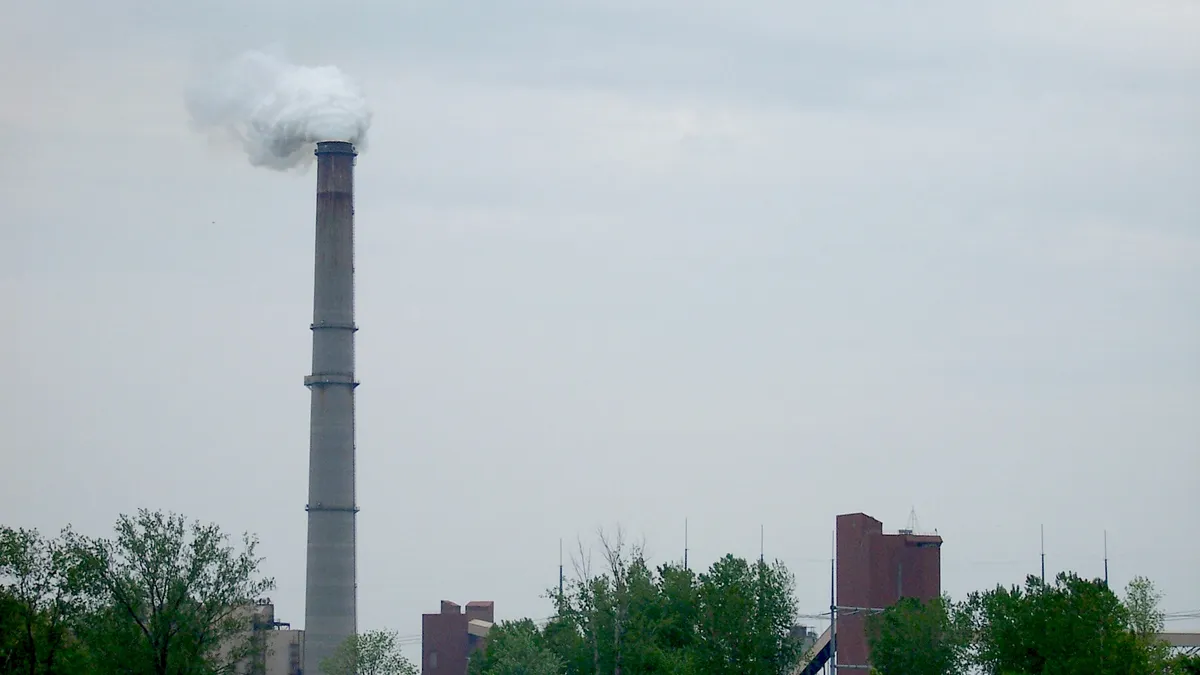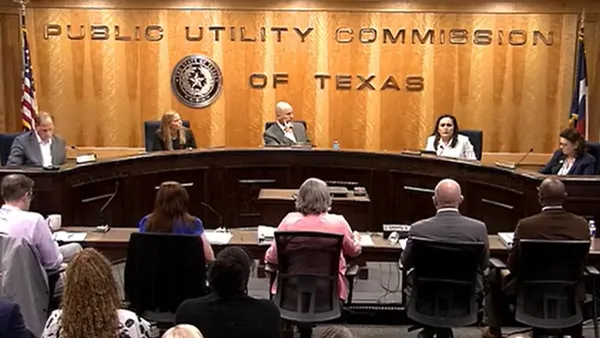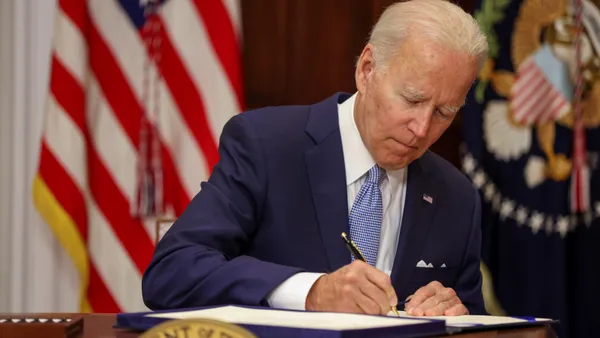Dive Brief:
- Colorado electric cooperatives United Power and La Plata Electric Association (LPEA) said on Thursday they are "weighing all options" to change their existing energy procurement contracts with Tri-State Generation and Transmission (G&T) Association.
- United Power and LPEA officials told Utility Dive they have issued a request for information that would consider several options to leave Tri-State's service. Under one approach, United Power would still procure some of its power from Tri-State and get the rest from alternate providers.
- Both cooperatives filed complaints with the Colorado Public Utilities Commission (PUC) in November, asking regulators to help determine a fair exit charge. However, Tri-State announced a new member in September which it says makes the utility subject to regulation by the Federal Energy Regulatory Commission, not state authority.
Dive Insight:
Several of the G&T provider's cooperative members have sought or reached agreements to exit the utility's service, concerned over the high cost of power, which is heavily coal-based. Tri-State says it is working to add more clean power and meet state requirements for resource planning, carbon reductions and renewable energy standards.
The G&T asked the Colorado PUC in December to dismiss complaints by United and La Plata, arguing that contract issues should be resolved by the utility's membership or, if necessary, federal regulators.
"We believe the issue at hand ... is a matter of federal jurisdiction and is not within the purview of the Colorado Public Utilities Commission," Tri-State CEO Duane Highley said in a statement.
However, Tri-State's first tariff filing with FERC, after adding MIECO to its member roster and claiming to be under federal jurisdiction, was dismissed by federal regulators in October. Tri-State refiled in December, but FERC has not yet acted on that tariff.
United and LPEA say that means Colorado still has authority, and they want regulators to help determine a fair exit price. The cooperatives each have agreements requiring them to purchase 95% of their power from Tri-State through 2050.
Tri-State officials, in an email, told Utility Dive they have asked FERC "for a declaratory order to confirm that it is subject to FERC jurisdiction under the Federal Power Act; this would clarify our issues at the state level."
Tri-State provides power to more than 40 cooperative members across four states, and more than half of its energy comes from coal. The utility in July announced a Responsible Energy Plan, aimed at reducing carbon emissions.
Last summer United Power had a summer peak load of 522 MW, and the utility is mulling is a "partial requirements" methodology that would have it continue to purchase 200 MW from Tri-State.
The 200 MW is a "financial consideration, in keeping Tri-State whole," Dean Hubbuck, United's director of power supply and rates, told Utility Dive. The utility has anywhere from 180 MW to 300 MW monthly, classified as "indeterminate" load that serves the oil and gas extraction sector, Hubbuck said.
Tri-State previously reached exit deals with Kit Carson Electric Cooperative in New Mexico and Delta-Montrose Electric Association in Colorado. If state regulators have jurisdiction, Hubbuck said legislative guidelines mean the proceeding could be wrapped up by mid-summer.
"But if it goes to FERC, there's really no telling how long this could last," he said. "We're hoping for resolution in the first half of 2020. Depending on how litigious this becomes, it could go on beyond that."














